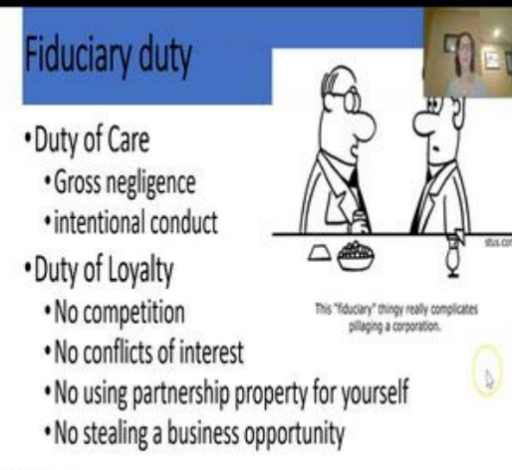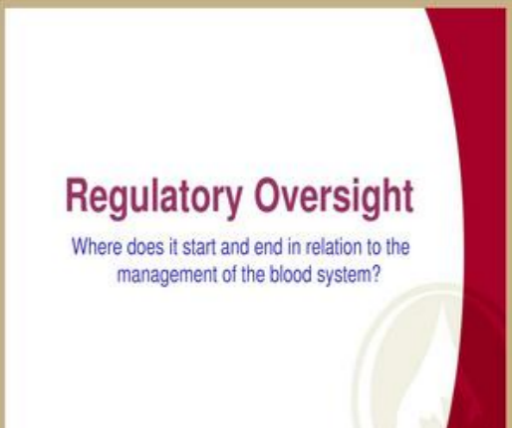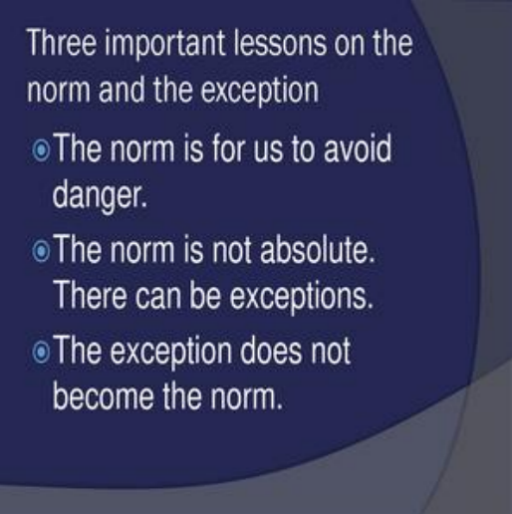The belief that "all insurance agents are dishonest" has lasted over time, but for wealthy individuals looking for advanced financial options, it's essential to dig deeper and reveal the reality. This false idea ignores the intricacies of the insurance field and the benefits that committed experts can provide.
The Nuances of Insurance Expertise
Insurance is not a universal solution, especially for individuals with considerable wealth and varied financial requirements. Policies aimed at high-end clients, like private insurance for expensive homes, yachts, or art collections, need a deep understanding of specific needs. Trusted insurance agents spend years learning about the complex details of policies, assessing risks, and keeping up with market developments. For example, an agent who focuses on insuring valuable art can offer valuable advice on the unique dangers involved in transporting, storing, and valuing these pieces, which goes far beyond what a standard policy includes. These agents are not "tricksters"; they are knowledgeable professionals helping clients navigate a complicated situation to obtain the best possible coverage.
The Role of Fiduciary Responsibility
Numerous insurance experts work under a fiduciary responsibility, which requires them to prioritize their clients' best interests. For clients with substantial expenditures, this involves agents reviewing their full financial situation, taking into account current assets, possible debts, and future aspirations. An agent with a fiduciary mindset may suggest a mix of umbrella liability insurance and captive insurance setups to protect wealth from unexpected legal issues or business challenges. By emphasizing lasting financial stability over immediate sales, these agents foster trust and dispel the common belief in widespread dishonesty.

The Impact of Regulatory Oversight
The insurance sector is subject to strict regulations that demand adherence to rules. Regulatory agencies keep a close watch on the actions of agents, making sure that products are presented truthfully and that sales practices are ethical. When it comes to high-net-worth clients, who deal with large sums of money, the oversight is even stricter. If agents are caught acting unethically, they can suffer serious consequences, like losing their licenses. This strong system of regulation protects against widespread fraud. In reality, many agents take the initiative to inform clients about the details of policies, including what is not covered and possible limitations, promoting openness instead of hiding information.

The Exception vs. the Norm
Although a few dishonest agents do exist, they are exceptions and not representative of the whole. Wealthy clients can lower their risks by collaborating with reputable agencies, verifying agent qualifications, and asking for referrals from reliable financial advisors. Furthermore, conducting thorough research through client testimonials and industry evaluations can assist in finding trustworthy experts. For instance, an agent with years of experience assisting affluent families will likely focus on building strong relationships rather than seeking quick profits. Recognizing the difference between rare bad agents and the majority of committed professionals is essential for making smart decisions about insurance.

To sum up, the idea that all insurance agents are untrustworthy is a major oversimplification. For individuals with significant spending power, choosing the right insurance professional can provide a competitive edge by offering customizable options, expert advice, and reassurance. By looking past common myths and connecting with reputable industry professionals, wealthy clients can fully harness insurance as an effective tool for managing their wealth.



